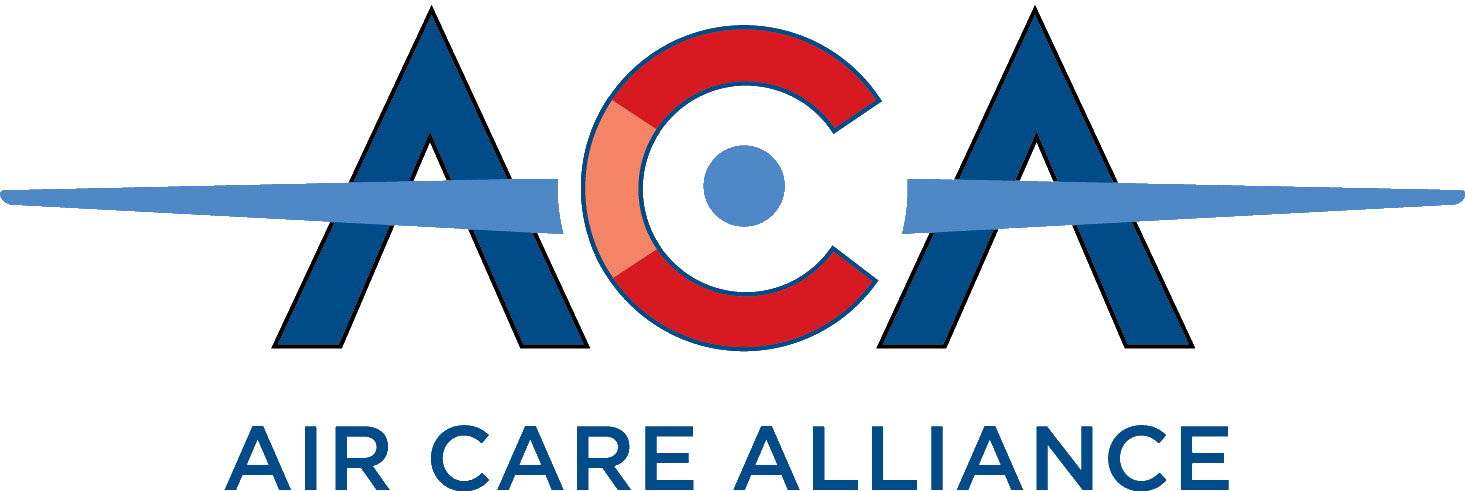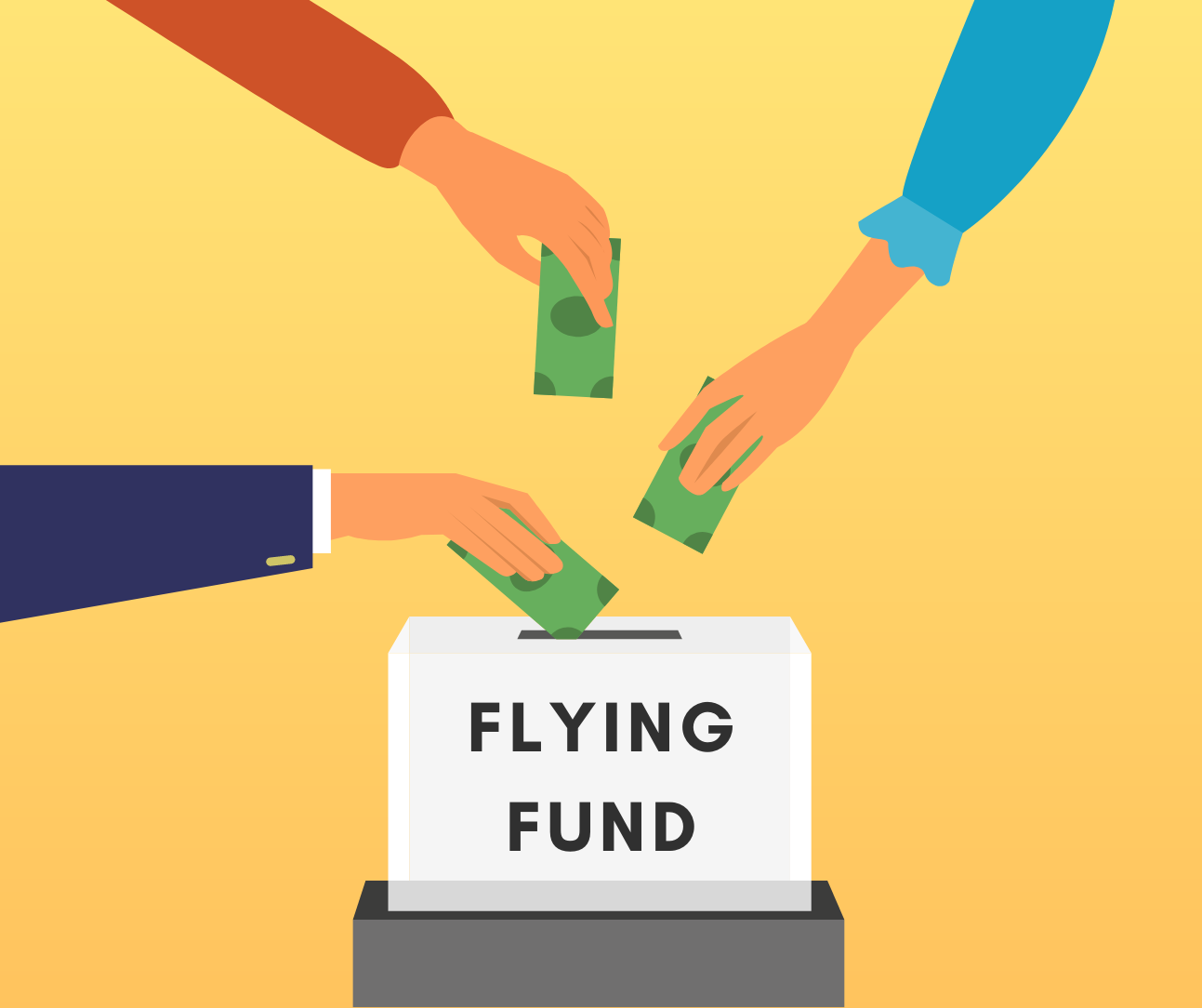Volunteer flying gives pilots an opportunity to combine something they love with a meaningful way to help others. But as we all know, flying is an expensive activity and the current economy is certainly not helping. Many volunteer pilots are finding it difficult to do as many flights as they’d like, and some are looking for ways to be able to do more. Some pilots have turned to crowdfunding sites like GoFundMe and others to raise money to pay for their volunteer flights. Can a volunteer pilot fund his flights in this way?
The short answer is no.
Public benefit flights–such as those to transport patients to medical care or relocate animals–are free to passengers and therefore operated under Part 91 of the FARs. Volunteer Pilot Organizations (VPOs) arrange most of these flights and they act essentially as travel agents by matching you, a volunteer pilot, to a need within their mission. However, as the pilot, you are the operator of the flight and, if someone else is paying the expenses of your flight, you are no longer allowed to operate that flight under Part 91. You would be required to operate as a commercial operator under an air carrier or charter certificate. This holds even if you have a Commercial or Air Transport Pilot Certificate because once compensation is involved, the operation may not be conducted by any pilot under Part 91. It all comes down to “compensation”.
To the FAA, compensation is essentially anything of value. Free flying time is compensation. Not paying the full cost of the flight is compensation. You cannot even share the costs with passengers because, in almost all cases, you and the passengers do not share a common purpose for the flight. And if a pilot is being compensated in any fashion for the flight, that means the flight may not be legally conducted under Part 91.
There is an exception for flights on behalf of certain organizations that have been granted an Exemption by the FAA that allows them to provide fuel reimbursement to volunteer pilots. Both the pilot and organization must be in compliance with all of the considerable requirements of the Exemption.
So if the VPO you fly for has an FAA Exemption that allows reimbursement, does this allow you to independently raise money for fuel?
Unfortunately not. A VPO having an exemption is not a green light for one of its pilots to accept donations for fuel or crowdfund his own flight expenses. The exemption has been granted to the organization–not the pilot–allowing it to reimburse for fuel expenses only after the pilot and the VPO have complied with certain requirements. Before exercising the privileges of the exemption, the VPO must ensure the criteria outlined have been met.
Now suppose you set up a GoFundMe account, ask friends and family to donate, or otherwise solicit funds to supplement your volunteer flying. You then donate all the money you raise to a VPO with an FAA Exemption. The VPO in turn uses the funds to reimburse you for your volunteer flying. Is this okay?
Proceed with caution.
You are free to raise money in support of any organization you choose but if you donate that money to the organization and the funds are earmarked for you specifically, neither you nor the original contributor will be able to take a tax deduction for the contribution and the organization may have problems with the IRS’ prohibition of private inurement. This is not an FAA concern, but you–and the organization–may have a problem with the IRS. Anything other than an unrestricted contribution should be discussed with your tax advisor and your VPO.
You may be wondering why any of this is a problem. After all, pilots are just trying to help more people or animals. We all agree that’s a good thing. So what’s the big deal?
While it may be true that the risk of the FAA seeking out and filing violation actions against volunteer pilots or organizations is low, we remain concerned that in the event an incident or accident by a rule-breaker triggers FAA involvement, the consequences could be catastrophic to you and the entire public benefit flying community.
For more reading on how the FARs apply to volunteer flights and the consequences of non-compliance, read Volunteer Pilot Flight or Illegal 135? Where’s the Line
In short–we urge all volunteer pilots and organizations to ensure they are in compliance with the FARs as well as IRS regulations. Don’t put yourself, those you serve, or public benefit flying at risk in the name of doing good.
The information provided here is based on work and research into the FARs, FAA enforcement actions, and FAA letters of interpretation of the FARs. The research is the result of work performed by members of the Board of Directors of Air Care Alliance, material provided to the Board by VPOs, aviation attorneys and insurance brokers, as well as in person meetings between Board members and FAA personnel and attorneys. Guidance from the Air Care Alliance evolves as regulations and interpretations change and as VPOs provide feedback regarding their experience in the field. If you have comments or suggestions regarding the issues discussed in this letter please forward them to info@aircarealliance.org.

